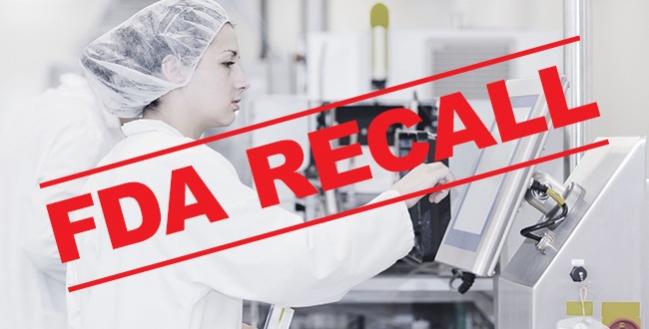FDA: Class I Recall for Seven Models of Medtronic ICDs and CRT-Ds
The devices may have battery issues that can lead to full battery depletion within a single day.

The US Food and Drug Administration is warning physicians about a recall initiated in February for several implantable cardioverter-defibrillators (ICDs) and cardiac resynchronization therapy defibrillators (CRT-Ds) manufactured by Medtronic: Evera, Viva, Brava, Claria, Amplia, Compia, and Visia. Today, the FDA categorized this action as a Class I recall, its most serious type, meaning that use could cause serious injuries or death.
The devices are being recalled due to an unexpected and rapid decrease in battery life caused by a short circuit. This defect may case some devices to prematurely produce a “Recommended Replacement Time” (RRT) low-battery warning as well proceed to full battery depletion within as little as 1 day.
“If the user does not respond to the first warning, the device may stop functioning,” the recall states. “The likelihood that this issue will occur is constant after approximately 3 years after device use.”
A total of 444 complaints have been logged regarding these devices, which were distributed between August 2012 and May 2018. While no patients are believed to have died as a result of this issue, 264 Medical Device Reports were filed with 18 injuries including bradycardia or heart failure symptoms.
The recall is estimated to affect 239,171 devices within the United States. Some of these same device models, including three of the same serial numbers, were recalled in 2018 due to another manufacturing defect preventing the devices ability to deliver electric shocks.
Medtronic issued an urgent medical device correction letter to healthcare providers on February 3, 2021, advising them to continue normal clinical follow-up and perform prompt replacement of devices that give RRT warnings. Replacement should be conducted within 1 week for non-pacing-dependent or primary prevention ICD patients and immediately for pacing-dependent patients.
“Medtronic medical staff in consultation with the Independent Physician Quality Panel recommends against prophylactic replacement due to the low rate of occurrence and the low potential for permanent harm when prompt replacement occurs in response to an unexpected RRT,” the letter states.
The status of specific devices can be looked up by serial number on Medtronic’s product performance website
Yael L. Maxwell is Senior Medical Journalist for TCTMD and Section Editor of TCTMD's Fellows Forum. She served as the inaugural…
Read Full BioSources
US Food and Drug Administration. Medtronic recalls Evera, Viva, Brava, Claria, Amplia, Compia, and Visia implantable cardioverter defibrillators (ICDs) and cardiac resynchronization therapy (CRT-Ds) due to risk of shortened battery life. Published and Accessed on: April 12, 2021.





Comments